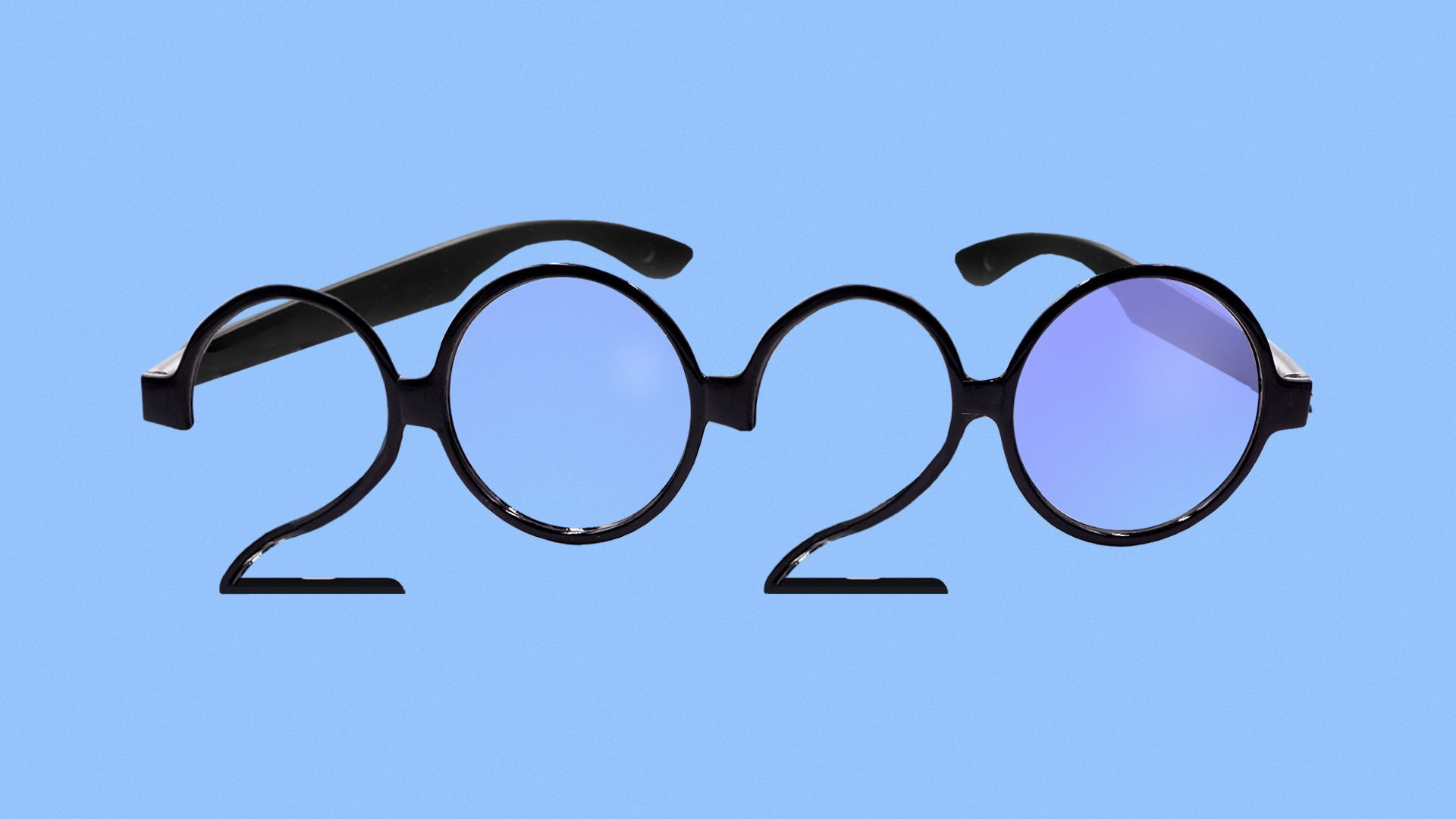Jim VandeHei

All of us — and the media, in particular — need some clear-eyed, humble self-reflection as the dust settles on the 2020 election results.
Here are a few preliminary Axios learnings.
The media remains fairly clueless about the America that exists outside of the big cities, where most political writers and editors live. The coverage missed badly the surge in Trump voters in places obvious (rural America) and less obvious (Hispanic-heavy border towns in Texas).
Let’s be honest: Many of us under-appreciated the appeal of Trump’s anti-socialism message and the backlash against the defund-the-police rhetoric on the left.
The media (and many Democrats) are fairly clueless about the needs, wants and trends of Hispanic voters. Top Latinos warned about overlooking and misreading the fastest-growing population in America — but most didn’t listen. Hispanics will shape huge chunks of America’s political future, so a course correction is in order.
The polls too often sucked. Stop justifying or spinning the reality that public and private polls blew it in too many places, from Wisconsin to individual House races. Yes, some were better than others, but many were off by a very distorting margin.
The media filter bubble is getting worse, not better. Look at what’s unfolding in real-time: Trump supporters feel like Fox isn’t pro-Trump enough, while reporters and columnists bolted The New York Times, Vox Media and others because they were not “woke” enough.
This is an urgent sign that we are collectively losing the battle for truth and open debate.
This could still get much worse if Trump supporters choose not just networks but social platforms like Parler and Rumble for consuming and sharing their reality and liberals simply do the same in more traditional places.
Twitter is a mass-reality-distortion field for liberals and reporters. The group-think and liberal high-fiving was as bad as ever and continues to be a massive trap and distraction for journalists.
Facebook is a mass-reality-distortion field for conservatives. Look at the content pages that get the most daily interaction (shares, likes, etc.) and it's all right-wing catnip. It’s not all fake or conspiratorial, but a lot of it sure is. This is a huge problem.
YouTube is a mass-reality-distortion field for people of all stripes. Videos endorsing election fraud were viewed more than 138 million times on the week of Nov. 3, according to a new report cited by The New York Times.
The bottom line: We are losing the war for truth. There is no bigger crisis for media, politics and society than the growing number of people who do not believe facts and verifiable figures. If we do not collectively solve this, we are all screwed.
Two-thirds of Republicans doubt the election was free and fair, despite the fact that election officials in every state see no evidence of widespread fraud.
No comments:
Post a Comment